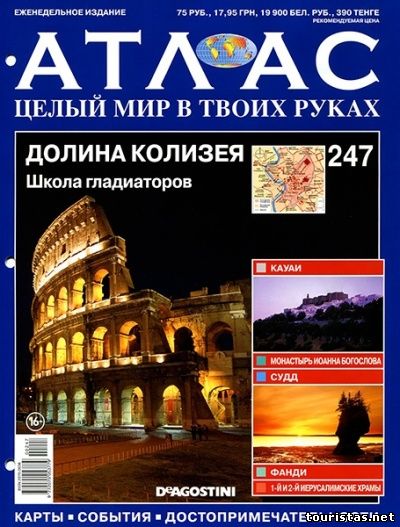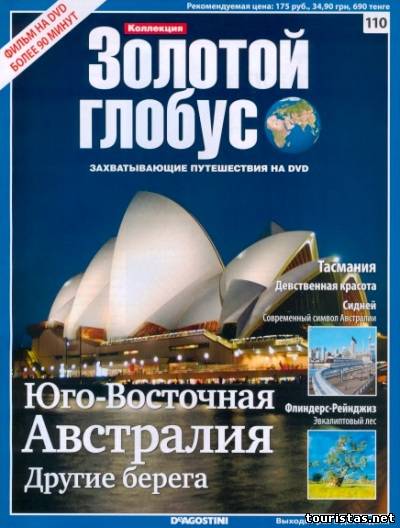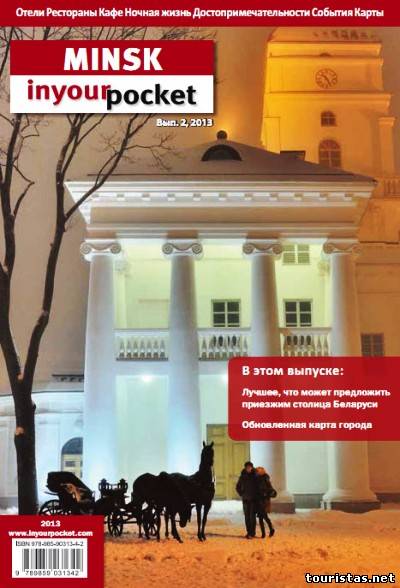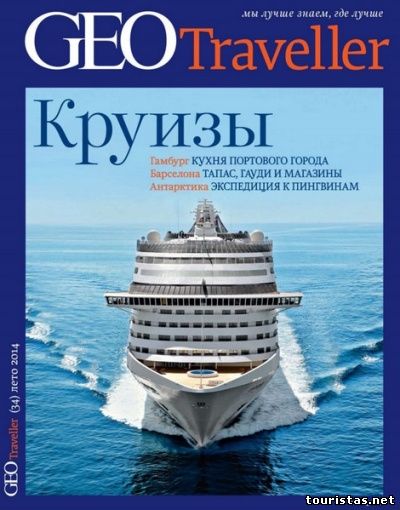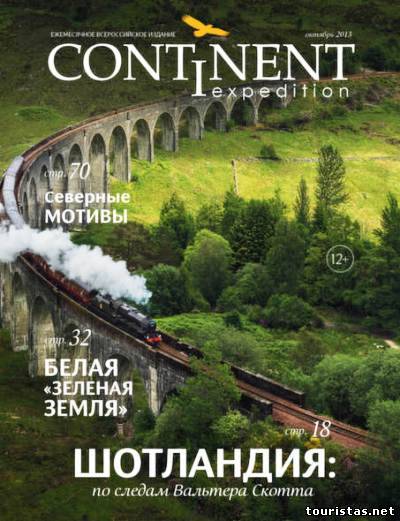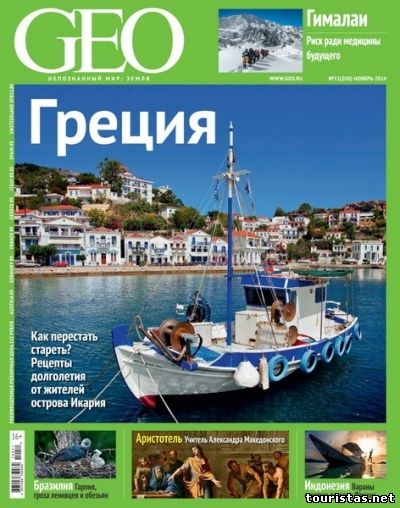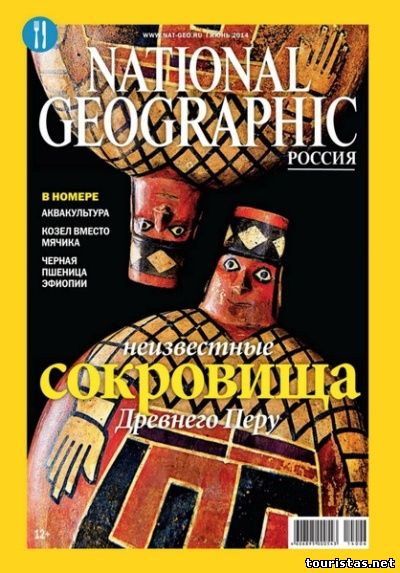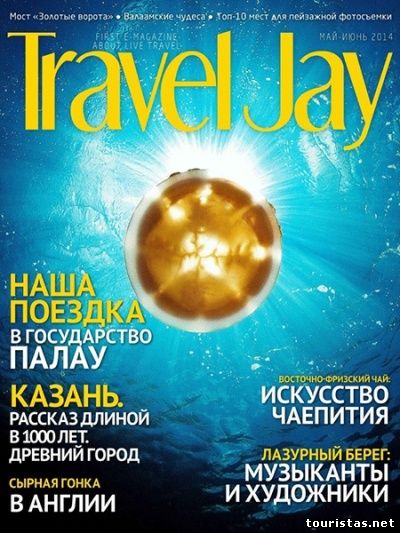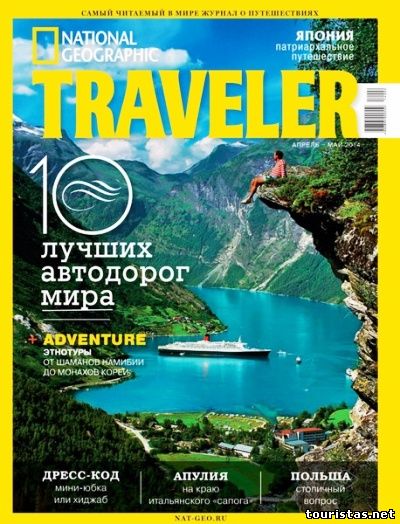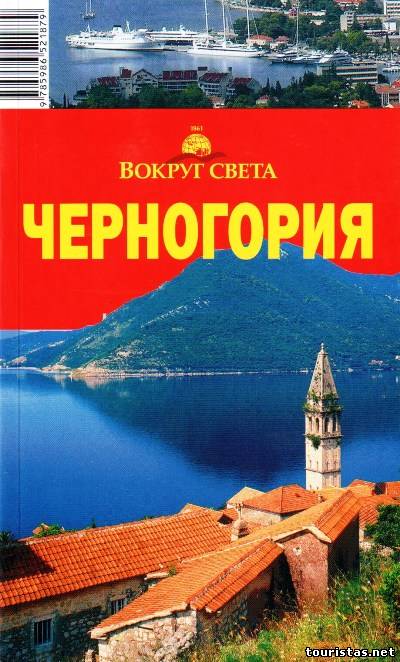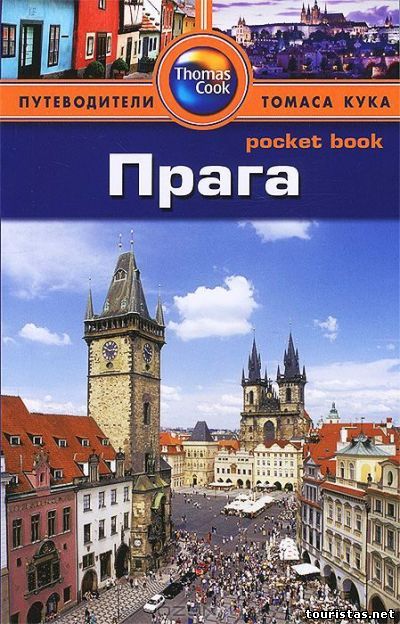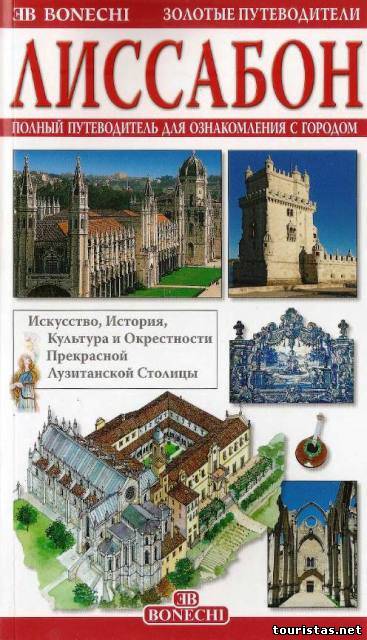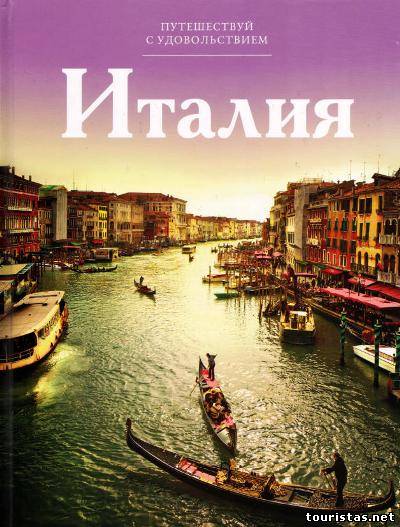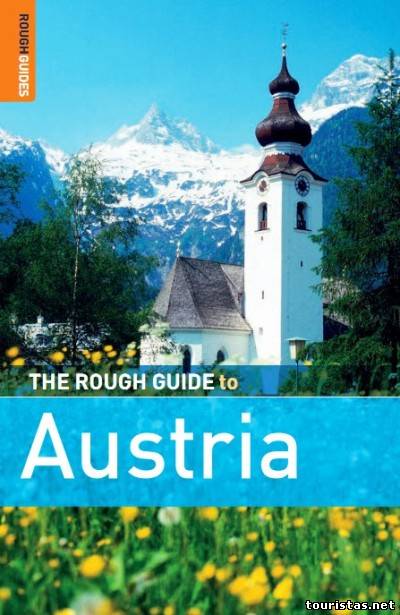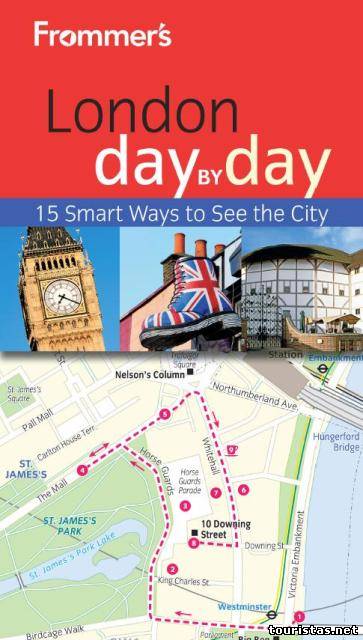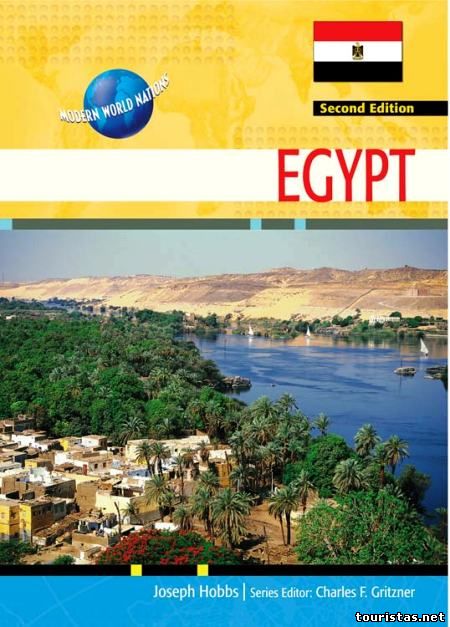Поиск
 e-mail: toshkolab@yandex.ru e-mail: toshkolab@yandex.ru
Друзья сайта

Статистика
Онлайн всего: 1 Гостей: 1 Пользователей: 0
|
Каталог статей
В категории материалов: 38
Показано материалов: 31-38 |
Страницы: « 1 2 3 |
Сортировать по:
Дате ·
Названию ·
Рейтингу ·
Комментариям ·
Просмотрам
Examines the history, geography, culture, religion, government, and people of Saudi Arabia.
|
The
United States is the world's third-largest country in terms of both
size and population, which is one of the world's most ethnically and
socially diverse. It also has the most powerful and technologically
advanced economy in the world, and its per-capita income ranks among the
world's highest. Its climate is equally as rich and varied: although
mostly temperate, there are a number of other climates, including
tropical, arid, and polar. In addition, the country's terrain varies
widely and includes plains, piedmont, mountains, and deserts. These
facts and much more are highlighted in "The United States". This
appealing new book is filled with eye-catching features, such as
full-color photographs and detailed maps, making it the ideal
exploration of the people, culture, history, geography, environment,
economy, and government of this multifaceted nation.
|
Information-packed
volumes provide comprehensive overviews of each nation's people,
geography, history, government, economy, and culture- Abundant
full-color illustrations guide the reader on a voyage of discovery- Maps
reflect current political boundaries
|
Information-packed volumes provide comprehensive overviews of each
nation's people, geography, history, government, economy, and culture-
Abundant full-color illustrations guide the reader on a voyage of
discovery- Maps reflect current political boundaries |
Information-packed volumes provide comprehensive overviews of each
nation's people, geography, history, government, economy, and culture-
Abundant full-color illustrations guide the reader on a voyage of
discovery- Maps reflect current political boundaries |
Since Fidel Castro staged a coup half a century ago and assumed power of
Cuba in 1959, the United States has been obsessed with this small
island nation, only 90 miles south of the Florida Keys. America's fixation on Cuba has only grown due to the large waves of
Cuban immigrants and Castro's larger-than-life persona. But because of
the country's isolation, the island and its people have remained a
mystery. Cuba is among the most literate countries in Latin America,
with a literacy rate of 99.8 percent. Its healthcare system compares
favorably with those in developed nations, and life expectancy ranks
third in the Americas, behind only Canada and Chile, and ahead of the
United States. In 2006, Castro transferred powers over to his brother,
Raul, who has promised to remove some of the restrictions that have
limited the average Cuban's daily life. This revised edition of Cuba
takes readers through the country's storied history, its people, and
what the future holds for this island nation |
Although it was adversely affected by both world wars and the cold war,
which divided the nation into a democratic and communist state, Germany
has persevered to become Europe's largest economy and second most
populous nation. West Germany was one of the founding members of the
European Economic Community, which became the European Union in 1992,
and with the integration of East Germany after the end of the cold war
in 1990, Germany has today become the world's largest exporter of goods.
"Germany, Second Edition" offers a
three-dimensional overview of this fascinating nation. Featuring an
appealing full-color format and a number of useful study features, this
updated book is a compelling guide to the people, culture, history,
geography, environment, economy, and government of Germany.
|
 Describes the history, geography, government, economy, people
and culture of China. Home to the world's oldest continuous civilization
and largest population, China has been a communist country since the end of
World War II. But since the late 1970s, the country has experienced profound
social, economic, and political change. Its rapidly developing market economy
stands as the second largest in the world after the United States, and hundreds
of millions of its citizens have been lifted out of poverty. |
|




















